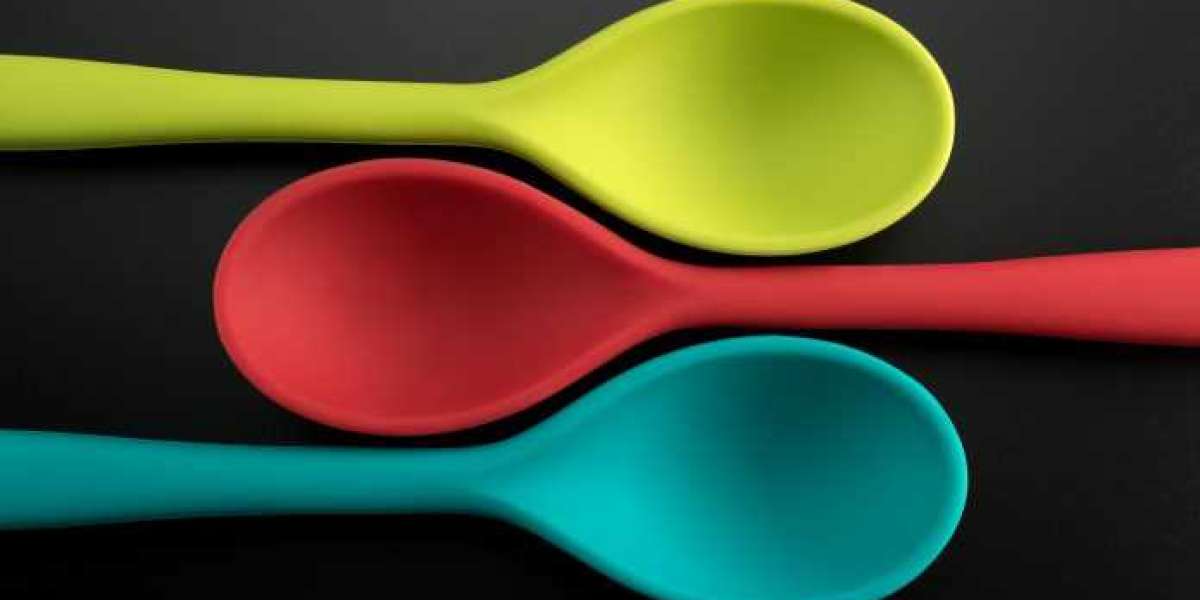The spoon theory is a metaphor used to explain the reduced amount of energy and ability that people with chronic illnesses experience every day. It was created in 2003 by Christine Miserandino, who has lupus, to help others understand what living with an invisible illness is like. The theory uses spoons as a representation of units of energy. Today, we will know about The Spoon Theory PDF.
The Spoon Theory PDF
In the spoon theory PDF, each daily activity requires a certain number of spoons. Getting out of bed in the morning may take 5 spoons, getting dressed another 5, having a shower 10 spoons, etc. People without chronic illnesses are said to start each day with an unlimited number of spoons. However, those with chronic illnesses only have a limited number to spend before they become exhausted.
Miserandino came up with the spoon theory after a friend questioned why she often had to cancel plans or seemed tired. She realized she needed a simple way to help others understand what it's like never to know how you'll feel from one minute to the next or how much you'll be able to do each day. The spoon theory provided that metaphor.
Miserandino said she started each day with 12 spoons in her original theory explanation. Some days, she could earn more spoons back through rest, but other days, she would lose spoons for no apparent reason. She had to carefully budget her spoons to decide which activities were most important and worth spending on. Something as simple as getting dressed or making a meal could take up multiple spoons.
On "spoonie" forums and social media groups, people with chronic illnesses often talk about "saving spoons" for important events or having to cancel plans because they've "run out of spoons." They discuss the frustration of being unable to do normal daily tasks or participate in activities due to limited spoons. The spoon theory helps illustrate this experience to those who don't live with similar limitations every day.
Since Miserandino first shared the spoon theory, it has resonated widely with people with chronic illnesses and disabilities. Some key reasons the metaphor is so effective include:
- It provides a tangible way to quantify reduced mental and physical energy levels that can't be seen. Spoons are a simple, easy-to-understand representation.
- The number of spoons needed varies daily and is unpredictable, mirroring the fluctuating nature of many chronic illnesses.
- It illustrates that even basic self-care tasks require effort and planning. Nothing can be taken for granted or done on a whim.
- Running out of spoons means being unable to do more. It conveys the frustration of missed opportunities and last-minute cancellations.
- Non-spoonies are said to start each day with unlimited spoons, highlighting the invisible difference in daily experience.
- Spoons can be earned back through rest but also lost unexpectedly, mirroring good and bad days or flares.
Conclusion:
The spoon theory PDF has proven an effective way to help raise awareness about living with chronic illnesses or disabilities. It provides a simple yet powerful metaphor for understanding the invisible impacts of limited daily energy that so many face. Quantifying the intangible regarding spoons gives insight into a largely unseen experience.








